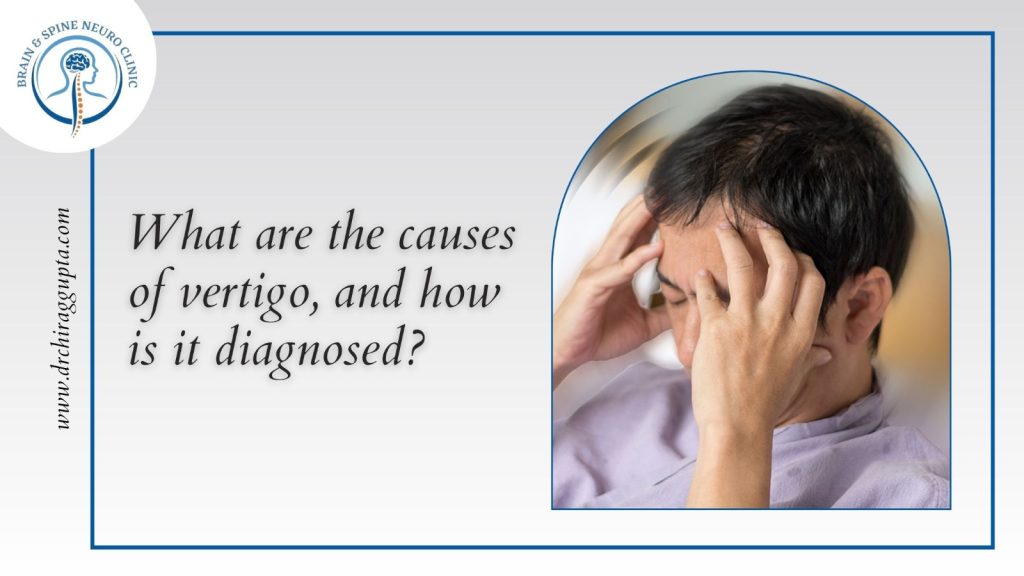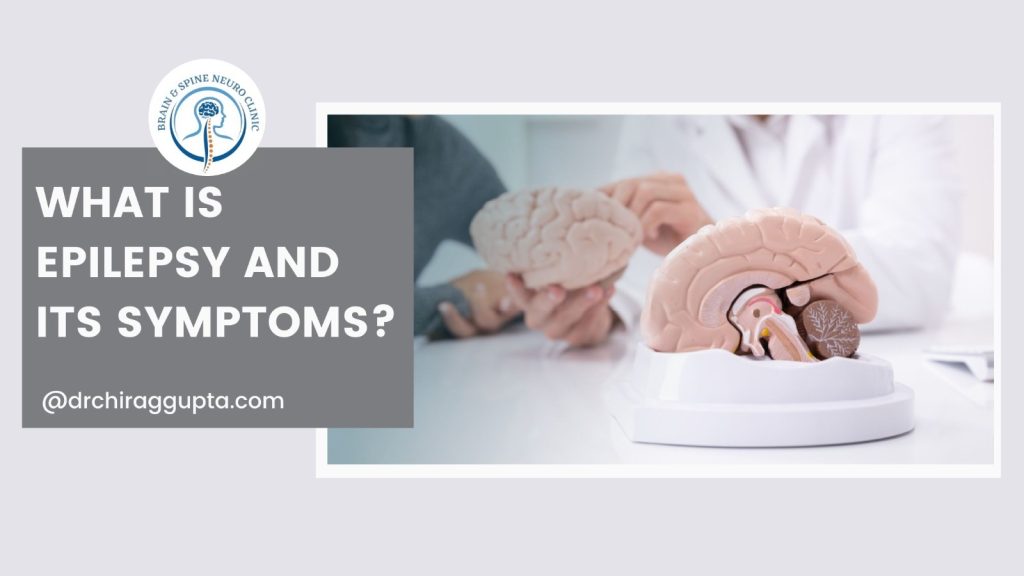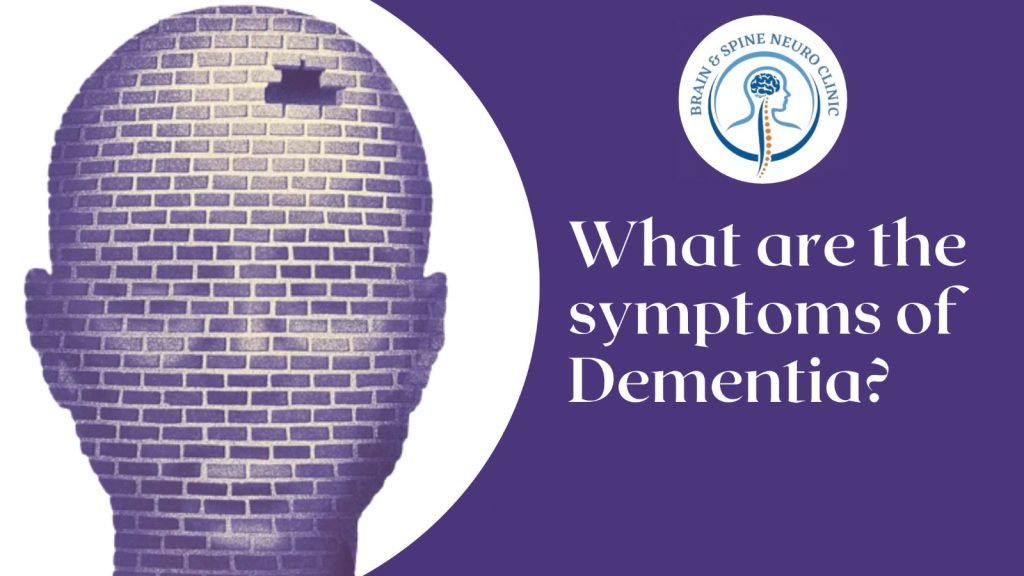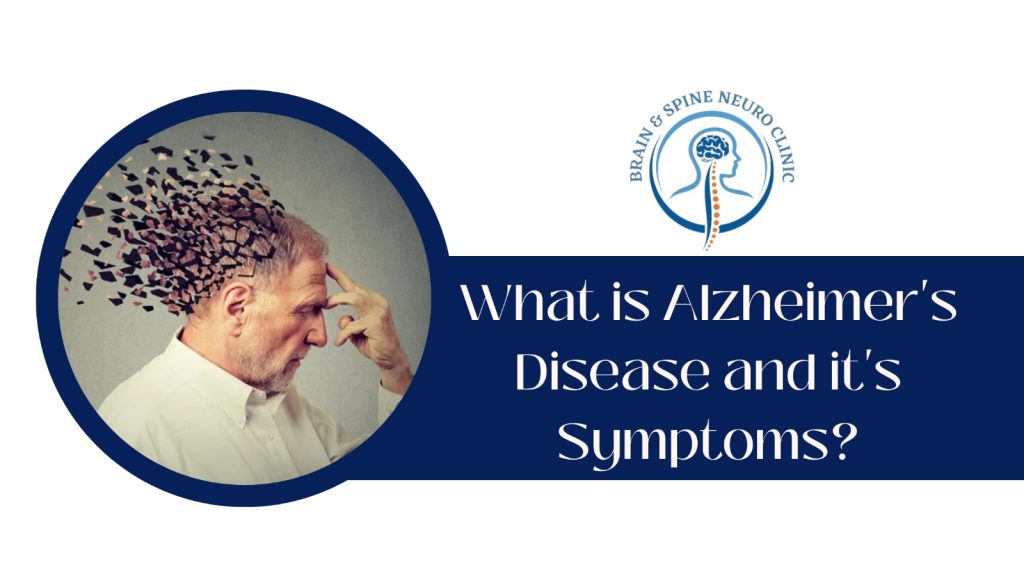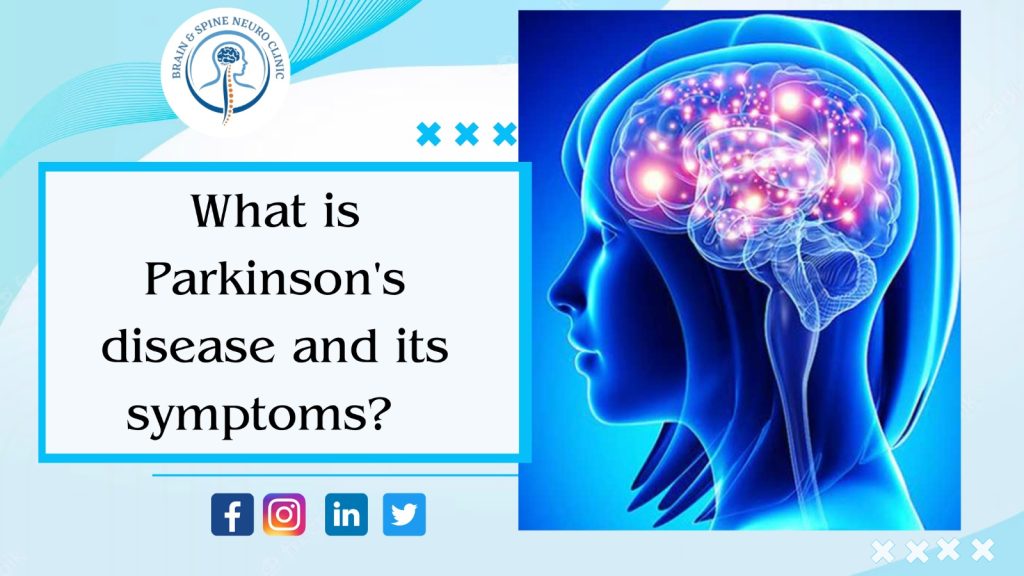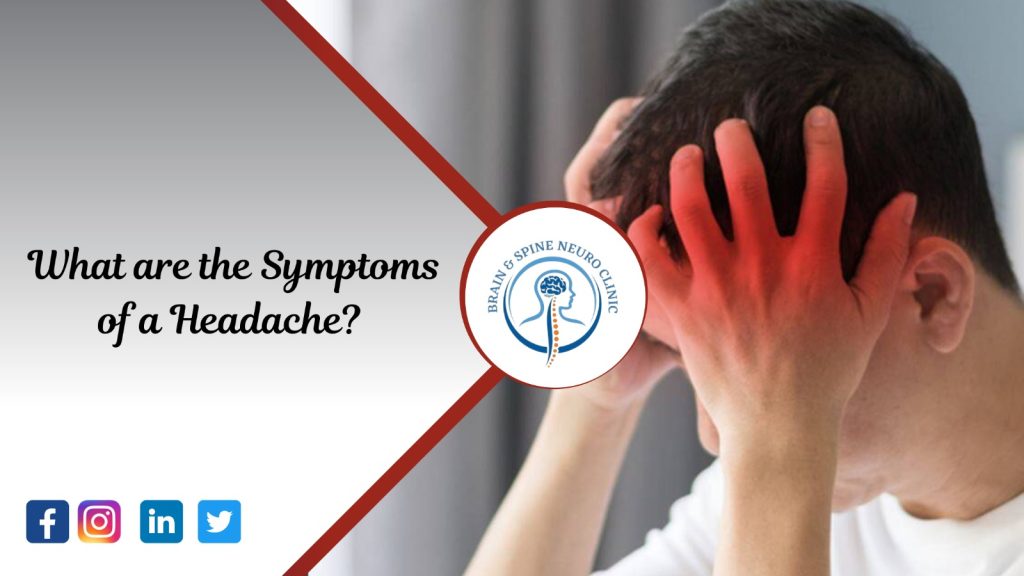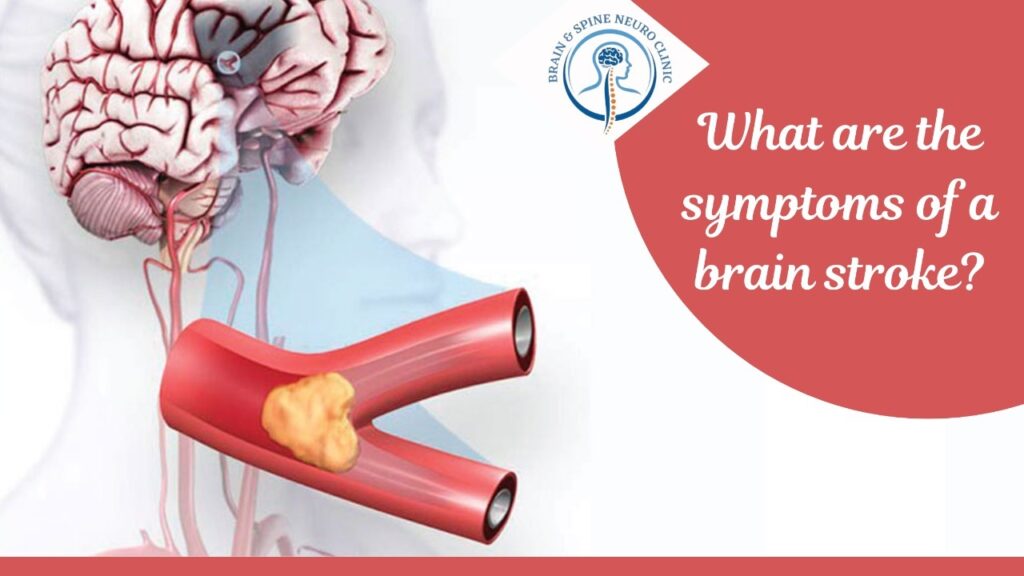What Are The Causes Of Vertigo And How Is It Diagnosed?
When you are not moving or spinning, vertigo might give you the impression that you are. It’s possible that even when everything around you aren’t moving, they look to be. It’s common to say that vertigo makes you feel dizzy, but this is different from feeling lightheaded. For those who have vertigo, even small movements are especially strong, and the illness can affect daily life. What’s triggering your episodes and the sort of vertigo you have will likely affect your symptoms. In this blog, we will explore the diagnostic methods used for vertigo and discuss some of its common causes according to the Neuro Physician Doctor in Greater Noida, Dr. Chirag Gupta. What is vertigo? A type of sickness known as vertigo makes you feel as though you or your surroundings are spinning or moving. The syndrome is not the same as lightheadedness, despite the fact that it may feel like motion sickness. Types of Vertigo Peripheral vertigo The most typical type of vertigo is called peripheral vertigo. An issue with the portion of the inner ear that regulates balance is the cause of peripheral vertigo. The term “vestibular labyrinth” or “semicircular canals” refers to these regions. The vestibular nerve may also be a factor in the issue. This nerve connects the brain stem to the inner ear. Central vertigo Central vertigo is brought on by a neurological issue. Numerous circumstances can lead to it, including the following: Causes Typical causes include A sudden shift in head movement, such as a hit to the head, sets off these episodes. Symptoms Dizziness is one of the most typical vertigo symptoms, and it typically gets worse when you move your head. Patients frequently describe it as a whirling sensation, with the surrounding environment appearing to move. Diagnostic Procedures Following a comprehensive physical examination, questions about your symptoms, and documentation of your medical history, your doctor may advise one or more of the following tests: Maneuver of Dix-Hallpike If your doctor suspects you have benign paroxysmal positional vertigo (BPPV), the most typical form of vertigo, the Dix-Hallpike procedure is frequently done. This method can also help your doctor determine if a problem with your inner ear or your head is the cause of your vertigo. Test of Head Impulse The head impulse test measures the coordination between your eyes and inner ears. It is frequently applied when vestibular neuritis is suspected. Your doctor will swiftly turn your head to check for any reflex actions or quick eye movements that could point to an issue with the semicircular canals of the inner ear. Test Romberg You must stand with your feet together to complete the Romberg exam. You’ll then close your eyes. To figure out what’s causing your vertigo, your doctor will evaluate how much you sway or fall. Test of Fukuda-Unterberger You must march while your eyes are closed to pass the Fukuda-Unterberger exam. To determine which side of your body is experiencing vertigo, your doctor will observe how your body deviates from the midline. If you’re experiencing persistent vertigo symptoms, it is important to consult Dr. Chirag Gupta, renowned Best Neurologist Doctor in Greater Noida .
What Are The Causes Of Vertigo And How Is It Diagnosed? Read More »

